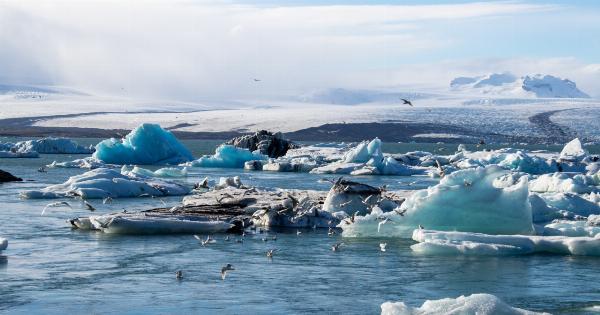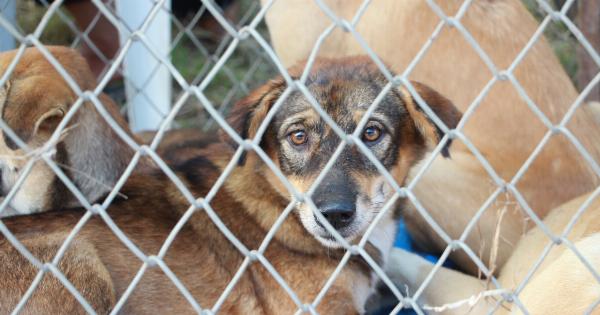For decades, meat production has been a staple of the global food industry. With the world population expanding at an unprecedented rate, the demand for meat has skyrocketed, leading to increased environmental damage.
Nowadays, meat production and the associated negative environmental impact have become major global concerns. In fact, the food industry is responsible for one-third of the world’s greenhouse gas emissions, with livestock farming being the largest contributor.
This article outlines some of the ultimate solutions to meat production and environmental damage.
The environmental impact of meat production
Meat production has a significant impact on the environment, from deforestation to habitat destruction, greenhouse gas emissions, water pollution, and soil degradation.
In fact, animal agriculture is responsible for nearly 20% of global greenhouse gases, including the emission of methane, a potent greenhouse gas that contributes to climate change.
Moreover, raising animals for food requires vast amounts of water, land, and energy. For instance, it takes around 2,400 gallons of water to produce a single pound of beef, whereas it takes around 25 gallons to produce a pound of wheat.
Additionally, meat production contributes to soil degradation, as it requires clearing of natural habitats, leading to erosion, loss of topsoil, and desertification.
The rise of plant-based meat substitutes
With the world population increasing, and environmental issues becoming more pressing, there has been a growing demand for meat substitutes.
Plant-based meat substitutes are gaining popularity and have been identified as a significant step in curbing the negative impact of meat production on the environment. Plant-based meat substitutes are made from plant-based ingredients but replicate the taste, texture, and appearance of meat.
Companies such as Beyond Meat and Impossible Foods have been successful in developing plant-based burgers that taste like real beef burgers, with the additional advantage of being environmentally friendly.
Not only are plant-based meat substitutes environment-friendly, but they are also healthier than real meat. They contain fewer saturated fats, no cholesterol, and have a lower carbon footprint.
Plant-based meat substitutes are an excellent way for consumers to satisfy their craving for meat while helping to reduce the environmental impact of meat production.
The future of lab-grown meat
Another option that is gaining popularity is lab-grown meat. Lab-grown meat is produced by growing muscle cells in bioreactors under controlled conditions. The resulting meat is identical to traditional meat, but without the need for animal farming.
Lab-grown meat has the potential to revolutionize the meat industry, as it can significantly reduce the negative environmental impact of meat production.
Lab-grown meat involves fewer land and water resources, and the production process emits fewer greenhouse gases than traditional meat production.
Additionally, lab-grown meat can be produced with a lower environmental impact than meat substitutes, as it does not require vast amounts of vegetable crops and other ingredients.
The benefits of reducing meat consumption
Reducing meat consumption is another strategy for combating the negative impact of meat production on the environment.
Consuming less meat can significantly reduce greenhouse gas emissions, as livestock farming requires vast amounts of energy and contributes to deforestation. Additionally, reducing meat consumption can improve public health, as excessive consumption of red meat has been linked to increased risk of heart disease, diabetes, and certain cancers.
Moreover, reducing meat consumption can be a cost-effective way to improve public health and enhance the environment.
Plant-based diets have been found to be both healthy and affordable, providing consumers with a variety of options for an affordable and environmentally friendly diet.
The impact of policy changes
Government policies can also play a significant role in reducing the environmental impact of meat production.
Policies such as carbon taxes and stricter regulations on the meat industry can significantly reduce greenhouse gas emissions and encourage companies to adopt environmentally friendly practices. Moreover, policies that support plant-based diets and encourage the consumption of plant-based meat substitutes can promote a healthier and more sustainable diet.
Additionally, companies that adopt sustainable practices and take steps to reduce their environmental impact can benefit from improved brand reputation and enjoy a competitive advantage in the market.
Overall, a combination of policy changes, consumer education, and market incentives can create a more sustainable and environmentally friendly food industry.
Conclusion
Meat production has a significant impact on the environment, from deforestation to habitat destruction, greenhouse gas emissions, water pollution, and soil degradation.
However, there are several solutions that can help mitigate this impact and create a more sustainable food industry. These solutions include reducing meat consumption, promoting plant-based diets, supporting the development of plant-based meat substitutes, and adopting lab-grown meat production.
These solutions require a combined effort from consumers, policymakers, and industry players to achieve a more sustainable and environmentally friendly food industry.






























